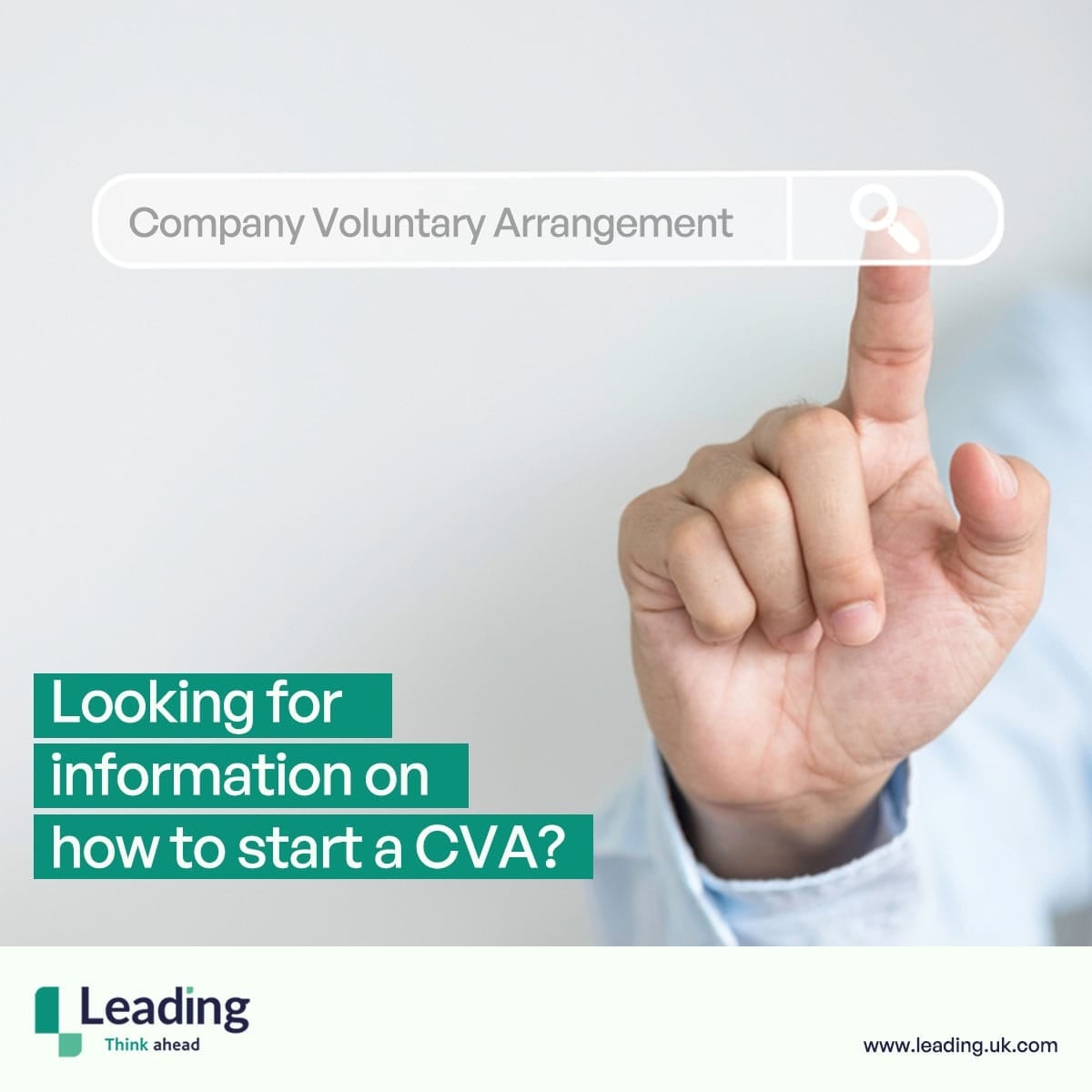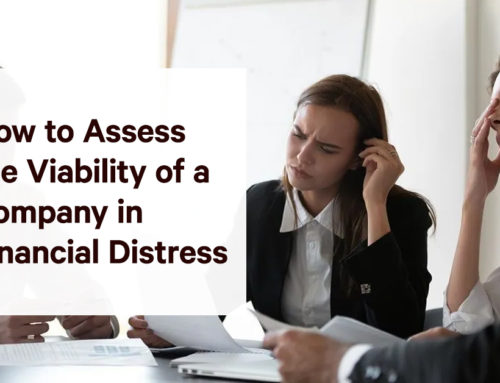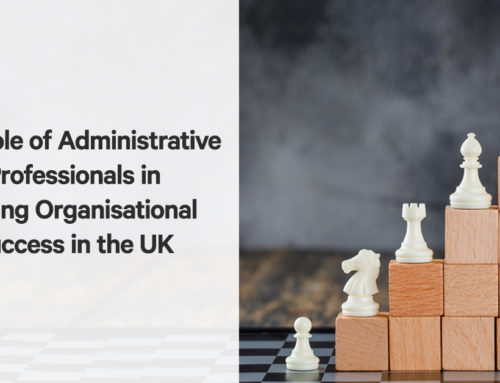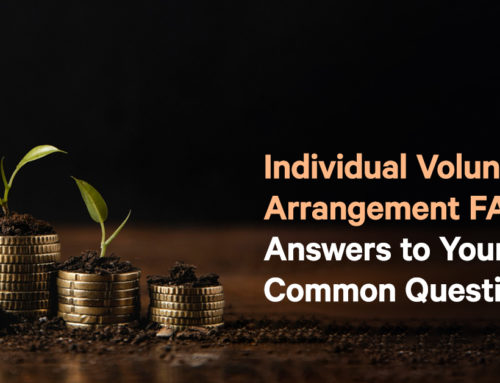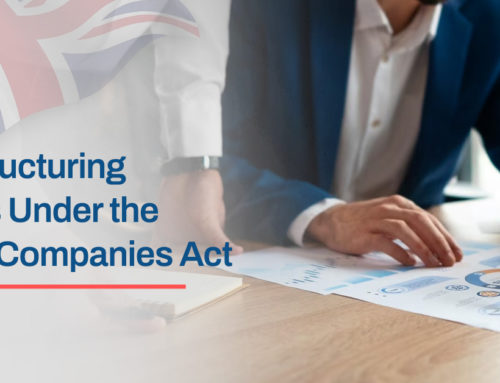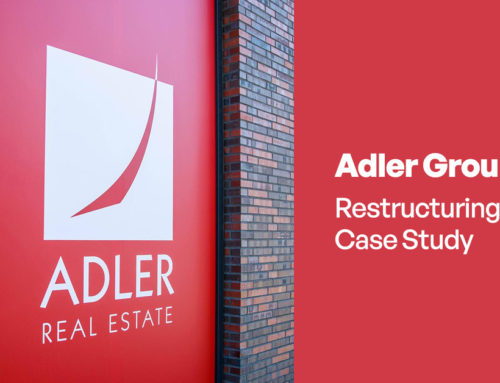Suppose your business finds itself having financial trouble and owing money to its creditors. In that case, you will be happy to know that several methods will allow you to pay back this money effectively. One method is entering into an individual voluntary arrangement, a legally binding agreement between you and your creditors where you agree to pay off all or part of your debt at a reasonable and affordable rate.
In an Individual Voluntary Arrangement, you will agree to make regular payments to an insolvency practitioner. Your insolvency practitioner will then divide the money you send and give it to your respective creditors.
A number of people opt to use an Individual Voluntary Arrangement because it provides more control over a business’s assets.
Do You Want to Get an Individual Voluntary Arrangement?
If you are interested in getting an Individual Voluntary Arrangement, then you will need to speak to an Insolvency Practitioner.
These will be responsible for having a look at your business’s assets and working out what you can afford to repay over a certain period; this period will be the length of your Individual Voluntary Arrangement. You will need to provide your practitioner with a breakdown of your financial situation, including details about your assets, any debt you have, your income and who your creditors are.
Once they thoroughly understand your financial situation, your insolvency practitioner will reach out to your creditors to put forward their proposal for an Individual Voluntary Arrangement. The Arrangement will only begin if creditors holding 75% of your debts agree to it.
How Much Will an Individual Voluntary Arrangement Cost?
If you are going to enter into an Individual Voluntary Arrangement, then you need to be aware of the different costs involved. Generally speaking, there are two fees, which include:
- A set-up fee; and
- A handling fee (which applies every time you make a payment).
Be sure that you are aware of what the cost of these fees will be before you ask an insolvency practitioner to act for you and your business.
Your Responsibilities
Once you have entered into an Individual Voluntary Arrangement, your responsibilities are that you need to keep up with the payment of the agreed amount with your creditors and the agreed fees. If you are unable to keep up with these payments, then it may be that the insolvency practitioner cancels the arrangement and makes you bankrupt.
Once your business has entered into an Individual Voluntary Arrangement, you might still be able to keep things up and running so long as you continue making the agreed payments.
What Are the Benefits of an Individual Voluntary Arrangement?
There are a number of different benefits that come with setting up an Individual Voluntary Arrangement. These include:
- You will be paying off your debts with affordable monthly payments over a period of about five or six years.
- If you’re a homeowner, then you should be able to keep your home as long as you’re able to maintain your mortgage payments and keep on top of secured loans on your property.
- There aren’t any fees you need to pay upfront, and you also aren’t going to be charged for debt advice.
- Once you have set up your individual voluntary arrangement, the fees that you do owe will be set up by your creditors and also payable at an affordable monthly rate.
- If you have a lump sum you’re able to offer; then you are going to be able to pay this off as a one-time ‘full and final’ settlement. Alternatively, you can pay a lump sum followed by recurring monthly payments.
- Once you have succeeded in making your final payment, any remaining unsecured debt will be written off, and your creditors won’t be able to pursue you for them.
What Are the Risks of an Individual Voluntary Arrangement?
Of course, there are also risks involved in entering into an Individual Voluntary Arrangement. These include the following:
- If you have any equity in your home, you will have to try and re-mortgage it, which will likely lead to a higher interest rate.
- If you are unable to remortgage your home, then you will be able to make a maximum of 12 extra payments. Alternatively, a third party will be able to offer a sum that’s equivalent to the equity.
- If your Individual Voluntary Arrangement fails, your creditors could request your bankruptcy. That being said, it’s unlikely this will happen.
- Entering into an Individual Voluntary Arrangement will have a negative impact on your credit rating.
- Your creditors might not agree to enter into an Individual Voluntary Arrangement with you.
- Once you are at the end of your Individual Voluntary Arrangement, only unsecured debts which have been included in the Arrangement will be written off. If your unsecured debts have not been included, then they are going to remain outstanding.
- Your Individual Voluntary Arrangement will be included on a public register.
- Once you have your Individual Voluntary Arrangement set up, all of your other spendings will be restricted until you have paid off your Arrangement.
Can an Individual Voluntary Arrangement Help Pay Off Your Debt?
If you find yourself in debt, it may be worth considering entering into an Individual Voluntary Arrangement, as this can be an effective means of paying off what you owe. You will enter into an agreement with your creditors where you will pay an agreed monthly fee that has been calculated by Insolvency Practitioners who have carefully considered your finances.

If you are interested in entering into an Individual Voluntary Arrangement, then it may be worth speaking to Leading UK. We are a team of Insolvency and Probate Experts who will be able to offer your business advice on how to proceed in order to effectively pay off your debts. If you have any questions or would like any more information on what we can do for your business, then do not hesitate to get in touch.

